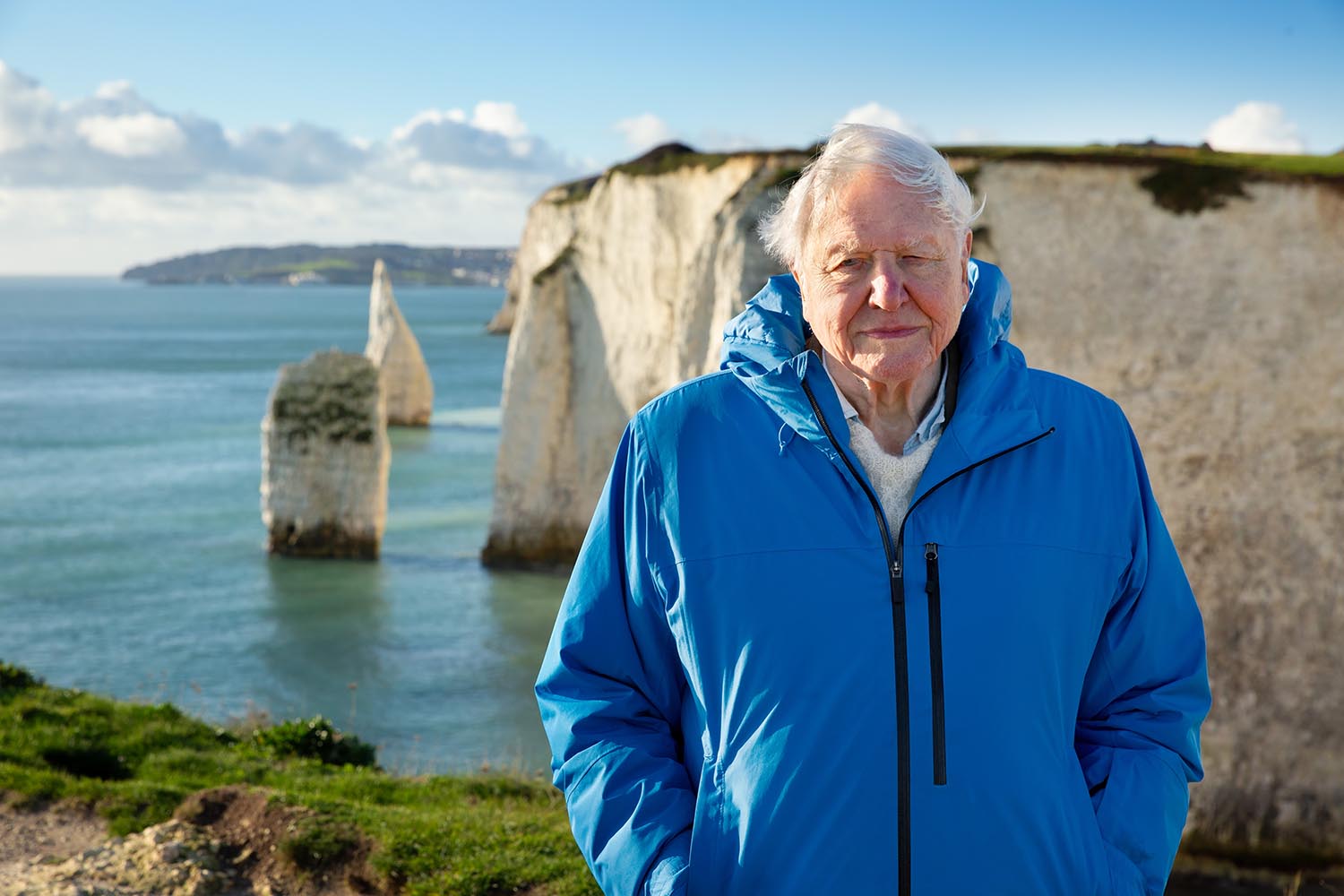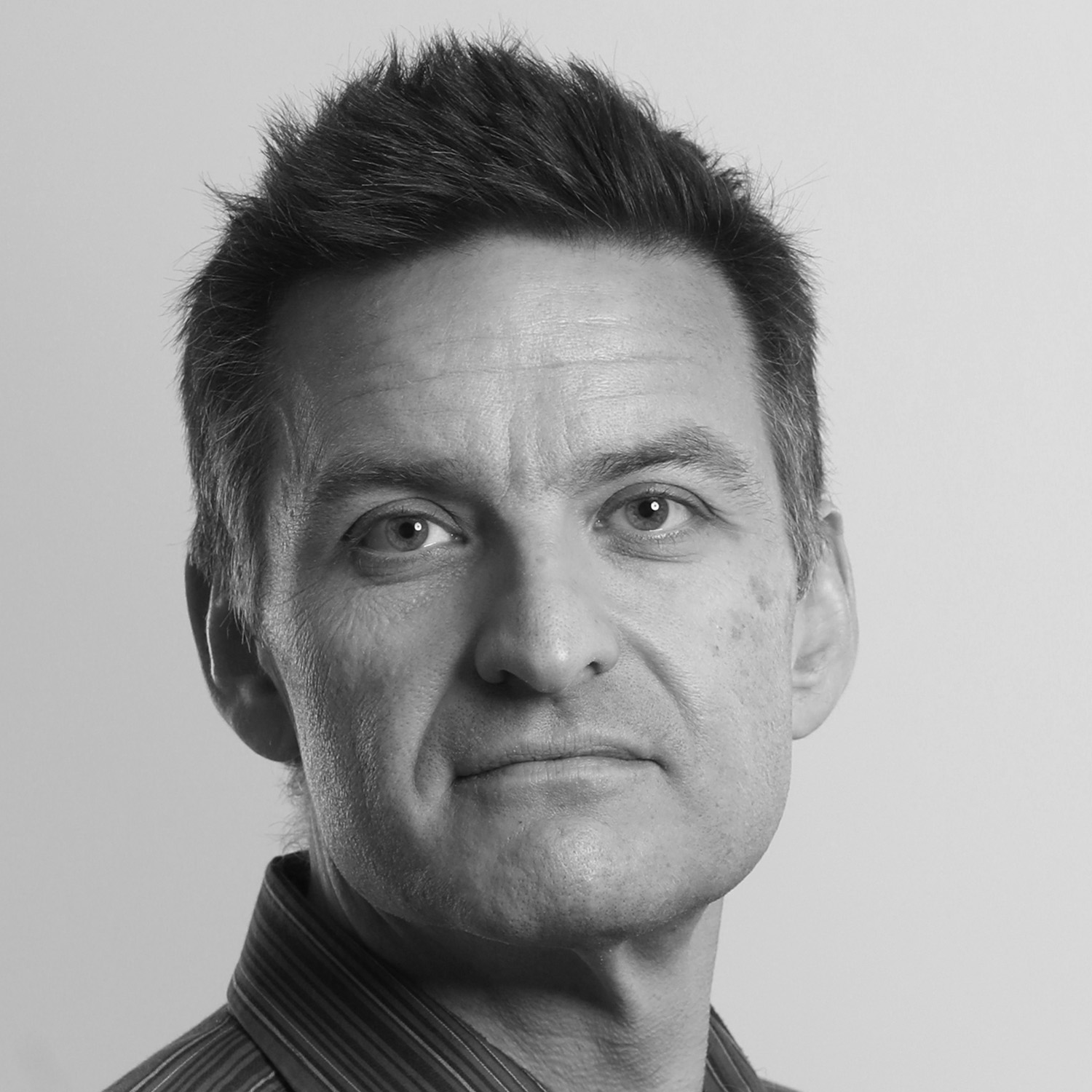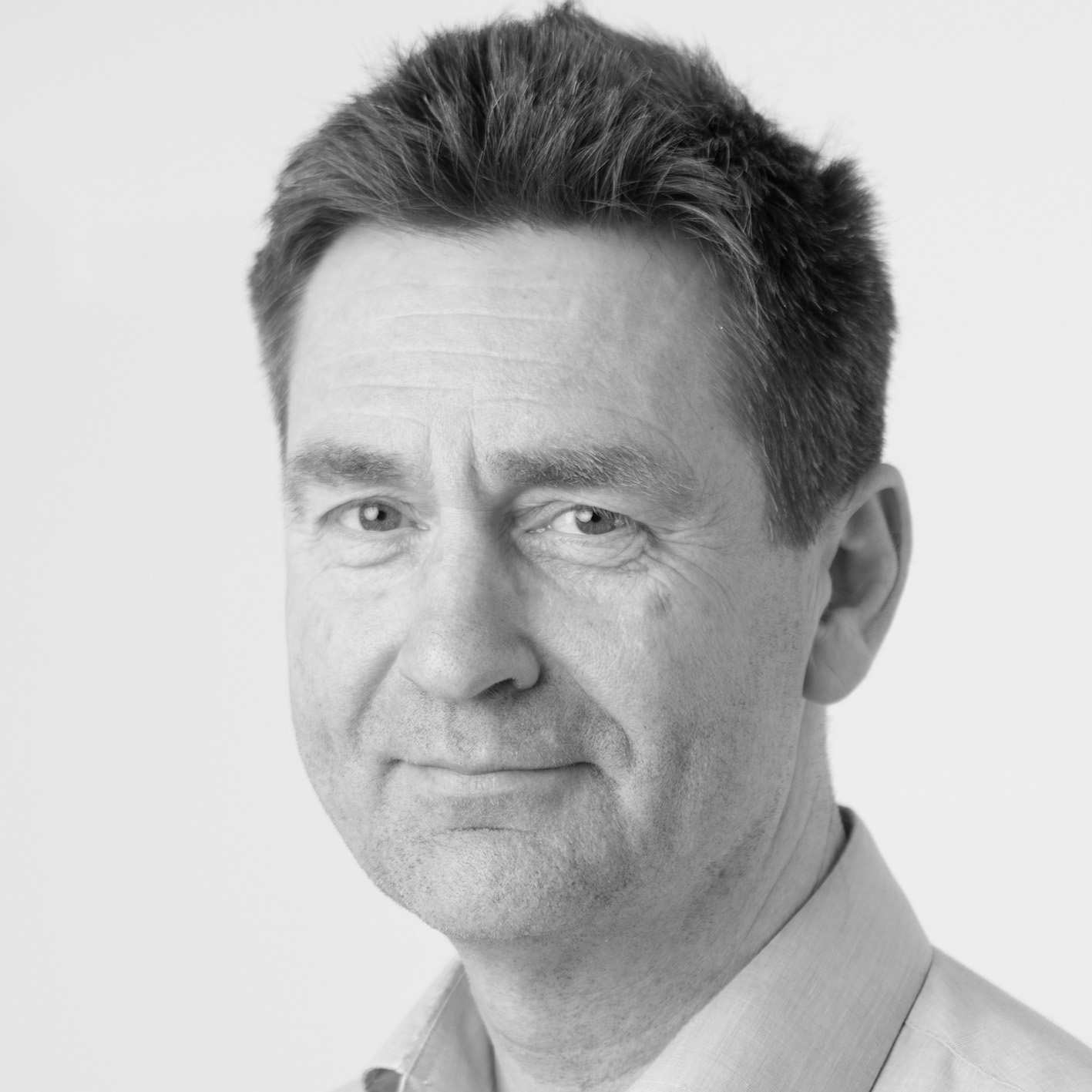As the BBC’s most recognisable voice, David Attenborough has walked a fine line between informing viewers and advocating for the environment. Yet aged 99, the naturalist has managed the extraordinary campaigning feat of taking an often overlooked environmental issue and, barely a month later, forcing global leaders to act.
On Monday, Steve Reed, the environment secretary, will announce plans to ban bottom trawling in more than half of England’s protected seas, after widespread condemnation of the destructive fishing method highlighted in Attenborough’s new film, Ocean.
The documentary maker also has the Prince of Wales in his camp. Prince William interviewed Attenborough at the London premiere and is expected to issue an urgent call for action on Sunday at an event before the third UN ocean conference (UNOC3) in Nice.
Even the conference itself, which Greenpeace had described three weeks ago as “lacking ambition”, has been invigorated by Attenborough’s film. UNOC3’s host Emmanuel Macron, is now under pressure to take on the powerful French fishing lobby and follow Reed’s example.
Ocean featured rare footage of bottom trawling, with underwater cameras revealing the destructive power of a heavy chain scraping along the seabed, forcing fish into a giant trawler net.
In his interview with Prince William, Attenborough said he was “appalled” by the footage, adding: “If you did anything remotely like it on land, everybody would be up in arms.”
This indiscriminate method means up to 55% of bottom-trawled fish are unwanted bycatch. New research shared with The Observer shows that at least one in 10 species caught by bottom trawlers is threatened. Researchers from the University of British Columbia in Vancouver analysed 4,000 reports and papers by agencies such as the UN’s Food and Agriculture Organization and found that bottom trawlers had been documented as catching at least 3,053 fish species – four times previous estimates.
Bottom trawling destroys any coral, kelp, seagrass or other marine habitats on the seabed and is devastating for fish spawning grounds. Yet the technique is not banned in most UK marine protected areas (MPAs). Rishi Sunak’s government had pledged to “remove pressures” on all 181 MPAs in England by the end of 2024.
Reed will tell delegates at UNOC3 that the UK government now plans to ban vessels from using bottom-towed fishing gear in 41 of England’s MPAs, which cover about 36,000 sq miles (approximately 93,000 sq km) of English seas. Banning trawling in 41 zones would mean a total of about 19,000 of those sq miles are protected (7,000 sq miles are already protected). Fishing organisations say that bottom trawling is now only a small part of the UK fleet’s activities, but environmental groups believe trawlers still operate in areas where bans are active. Some estimate that 95% of MPAs are trawled
The campaign group Oceana UK found fishing vessels equipped with bottom-towed gear were active in the UK’s offshore MPAs for more than 33,000 hours – adding up to nearly four years – in 2023 alone. Just 10 vessels were responsible for more than a quarter of this activity and The Observer understands that eight were from France, one from the Netherlands and one from Germany. Just 6% of the total suspected bottom trawling in these MPAs was carried out by UK vessels.
Newsletters
Choose the newsletters you want to receive
View more
For information about how The Observer protects your data, read our Privacy Policy
Amanda Vincent, professor of ocean conservation at the University of British Columbia, said overfishing was leading to the indiscriminate targeting of species. She said her finding that one in 10 bottom-trawled species was on the International Union for Conservation of Nature red list of endangered species may be an underestimate, because for 38% of species there is not enough data to establish whether they are threatened. Vincent said: “We have now reached a stage of annihilation fishing where many of the bottom trawlers are going out to catch life itself.
There’s no target species. They go out to catch what they can. “They try to find the fish of high value, but a huge portion of the catch gets reduced to fish meal, fish oil and animal feed. The habitats are so degraded that targeting specific species is often no longer justified.”
The extent of the damage caused by bottom trawling to UK species has become more apparent with research by Dr Ruth Thurstan and Prof Callum Roberts of Exeter University that has examined the history of fishing. In 1376, fishermen on the south coast petitioned Edward III about the problems caused by the “great and long iron of the wondyrechaun” being dragged “heavily and hardily” over the seabed, destroying “flowers of the land” – probably coral or kelp – and mussels and oysters. That damage escalated with steam-powered fishing in the late 19th century. Oyster reefs used to stretch from Norway down to the Bay of Biscay, filtering the water and creating habitats for other species, according to research by Edinburgh University last year. Now there are only a few clumps of oyster formations left. The Mediterranean has the most heavily trawled sea floors in the world – about 80% of the Adriatic’s seabed has been trawled.
Research by Roberts found that UK fishing vessels land catches 6% of the size of 120 years ago. Halibut have been particularly badly affected. There are no quotas for these bottom-dwelling flatfish that grow in the Dogger Bank to the size of a kitchen table, but it is thought that fishers would now need to make about 500 expeditions to land the amount of fish caught in 1889. “The big wildlife has been fished virtually to the point of elimination,” Roberts said. “You’re left with the rats and the cockroaches of the sea.”
Commercial fishing now concentrates on small flatfish and prawns and scallops. “They live fast, reproduce early and prolifically, and die relatively young, whereas the bigger, older animals – the turbots, the brill, the halibut and the skates – they are progressively eliminated by high levels of removals with bottom trawling.”In places where bottom trawling has been stopped, such as the Isle of Arran, the seabed has recovered. “It’s gone from denuded sand and gravel to being covered in seamoss and sea nettles and sponges,” Roberts said.
Oceana UK wants a complete ban on bottom trawling across all MPAs in UK waters. Hugo Tagholm, executive director of Oceana UK, said: “Bottom trawling is an intensely destructive form of fishing, second only to practices like blowing fish out of the water with dynamite.“Any marine ‘protected’ area being bulldozed by this practice is protected in name alone. The government must act fast to ban bottom trawling across all UK marine protected areas so that they can become the havens for nature and powerhouses of ocean resilience that we urgently need.”
Additional reporting: Richard Palmer
Photograph by Silverback Films



